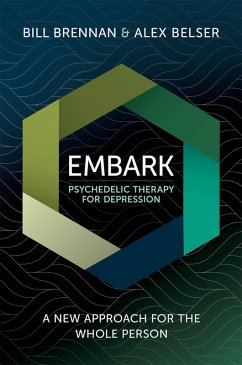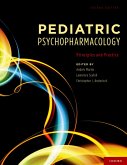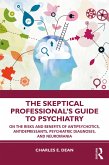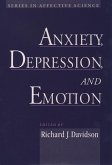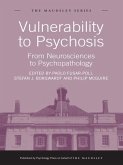EMBARK Psychedelic Therapy for Depression: A New Approach for the Whole Person represents a critical step forward in the field of psychedelic therapy. The book is a comprehensive guide for clinicians, offering a groundbreaking therapeutic framework for administering psychedelic medicines in treating depression. The approach is gaining traction with 4,000 people registered for the EMBARK foundational training. Developed in response to identified gaps in existing models of psychedelic therapy, the EMBARK model addresses the need for an ethical and inclusive approach. It bridges gaps from previous psychedelic therapies, such as lack of attentiveness to the body and rigorous ethical practice. The EMBARK approach has a growing evidence-base: in a recent psychedelic clinical trial, 79% of participants achieved full remission from depression three weeks after treatment. Benefits persisted with 75% of particpants in remission at the four-month follow up. EMBARK offers a transdiagnostic and trans-drug approach adaptable to various indications and psychedelic medicines. It's built on four Cornerstones of Care: Trauma-Informed Care, Culturally Competent Care, Ethically Rigorous Care, and Collective Care, reflecting the belief that efficacious treatment is ethical treatment. The EMBARK acronym represents six Clinical Domains that commonly emerge for people in psychedelic experiences: Existential-Spiritual, Mindfulness, Body Aware, Affective-Cognitive, Relational, and Keeping Momentum. The book
provides practical instructions and suggested agendas for therapists, and offers a flexible, participant-centric approach to integration, focusing on the clinical domains that emerged for the participant. It also links theory to practice for the treatment of depression, drawing from twelve proposed psychological mechanisms of therapeutic change in psychedelic therapy, and provides a comprehensive guide to treatment factors. EMBARK psychedelic therapy is open-sourced to the clinical community for development and adaptation to other psychedelic medicines, diverse populations, and to inform the development of psychedelic practitioner trainings, making it an essential resource for those interested in the field of psychedelic therapy.
Dieser Download kann aus rechtlichen Gründen nur mit Rechnungsadresse in A, B, BG, CY, CZ, D, DK, EW, E, FIN, F, GR, HR, H, IRL, I, LT, L, LR, M, NL, PL, P, R, S, SLO, SK ausgeliefert werden.

